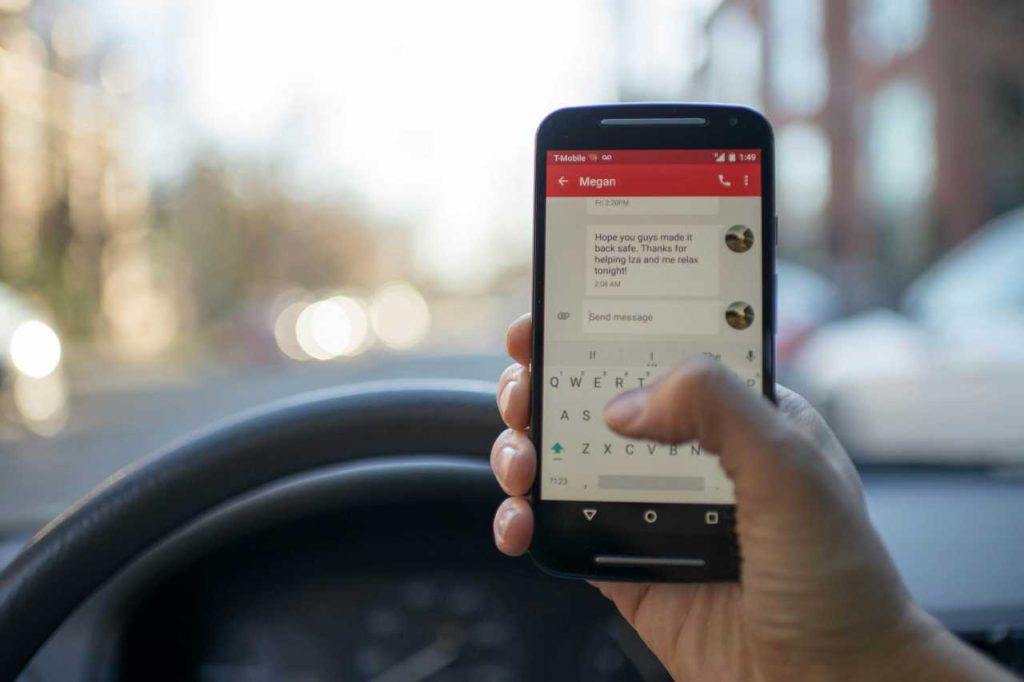Living frugally doesn’t mean sacrificing happiness; in fact, it can lead to a more fulfilling and stress-free life. Embracing a frugal lifestyle allows you to take control of your finances, reduce stress, and focus on what truly matters. In this blog, we’ll explore effective life tips that help you be frugal while still enjoying life to the fullest.

1. Create a Budget and Stick to It
Why Budgeting is Important
Creating a budget is the foundation of frugal living. It allows you to track your income, expenses, and savings goals. A well-planned budget can help you identify areas where you can cut back without sacrificing your lifestyle.
How to Create a Budget
- List Your Income: Start by listing all sources of income, including salary, side gigs, and passive income.
- Track Your Expenses: Keep track of your monthly expenses by categorizing them into fixed (rent, utilities) and variable (groceries, entertainment).
- Set Savings Goals: Decide how much you want to save each month. Aim for at least 20% of your income if possible.
- Adjust as Necessary: Review your budget monthly and adjust as needed. Life changes, and so should your budget.
2. Embrace Minimalism
Understanding Minimalism
Minimalism is about simplifying your life by decluttering your space and focusing on what truly matters. This approach can lead to happiness and contentment, as it reduces stress and the desire for material possessions.
How to Embrace Minimalism
- Declutter Your Space: Go through your belongings and donate or sell items you no longer use or need. This will create a more peaceful environment.
- Quality Over Quantity: Invest in fewer high-quality items that serve a purpose rather than accumulating a lot of inexpensive items.
- Mindful Consumption: Before purchasing, ask yourself if the item will truly add value to your life.
3. Cook at Home

Benefits of Home Cooking
Eating out can quickly drain your budget. Cooking at home is not only healthier but also more cost-effective. According to the USDA, cooking at home can save you over $300 a month compared to dining out.
Tips for Cooking at Home
- Meal Planning: Plan your meals for the week and create a shopping list based on the ingredients needed. This will prevent impulse buys and reduce food waste.
- Batch Cooking: Prepare large batches of meals and freeze portions for later. This saves time and ensures you have healthy options on hand.
- Experiment with Recipes: Explore new recipes that use inexpensive ingredients. Cooking can be a fun and creative outlet!
4. Use Public Transportation
Cost-Effective Travel
Owning and maintaining a car can be expensive. Using public transportation not only saves money but also reduces your carbon footprint.
Advantages of Public Transportation
- Saves Money: Public transport costs less than gas, insurance, and maintenance for a vehicle.
- Less Stress: Avoid the stress of traffic and parking. Public transportation allows you to relax, read, or even work during your commute.
- Explore Your City: Public transportation can help you discover new areas of your city that you may not visit otherwise.
5. Find Free or Low-Cost Entertainment
Enjoying Life on a Budget
Entertainment can be a significant part of your budget. Finding free or low-cost activities can keep you entertained without breaking the bank.
Ideas for Affordable Fun
- Explore Nature: Go for hikes, walks, or picnics in local parks. Nature is free and provides a wonderful escape from daily stress.
- Attend Community Events: Check out free community events, such as festivals, concerts, or art exhibits.
- Host Game Nights: Invite friends over for a game night. This allows you to enjoy social time without the costs of dining out.
6. Practice Gratitude
The Happiness Connection
Practicing gratitude can lead to increased happiness and contentment in life. It shifts your focus from what you lack to what you have.
How to Cultivate Gratitude
- Keep a Gratitude Journal: Write down three things you are grateful for each day. This simple practice can enhance your mood and outlook on life.
- Express Appreciation: Take time to express gratitude to those around you. A simple “thank you” can strengthen relationships and promote positive interactions.
- Mindfulness Practices: Engage in mindfulness exercises that encourage you to appreciate the present moment and the little things in life.
7. DIY Whenever Possible
Benefits of DIY
Do-It-Yourself projects can save you money while allowing you to unleash your creativity. Whether it’s home repairs or crafting gifts, DIY can be both fulfilling and economical.
Tips for Successful DIY Projects
- Learn New Skills: Use online tutorials to learn skills like sewing, woodworking, or gardening. YouTube and various websites offer countless resources.
- Repurpose Items: Instead of buying new, consider repurposing items you already own. Get creative and find new uses for old items.
- Involve the Family: DIY projects can be a great way to spend quality time with family while saving money.
8. Limit Impulse Purchases

Understanding Impulse Buying
Impulse purchases can quickly derail your budget and frugal lifestyle. By recognizing triggers and employing strategies, you can limit these unplanned expenses.
Strategies to Control Impulse Buying
- Implement a Waiting Period: When you feel the urge to buy something, wait 24 hours before making a decision. This gives you time to evaluate the necessity of the purchase.
- Unsubscribe from Marketing Emails: Remove the temptation by unsubscribing from retailers’ email lists. This reduces exposure to sales and promotions.
- Use Cash Instead of Cards: Withdraw a specific amount of cash for discretionary spending. When the cash runs out, your shopping stops.
9. Prioritize Experiences Over Things
Finding Joy in Experiences
Studies show that spending money on experiences, such as travel, concerts, or classes, often leads to greater happiness than purchasing material possessions.
Tips for Prioritizing Experiences
- Create a Bucket List: Write down experiences you want to have and prioritize them. Focus your resources on these experiences rather than accumulating things.
- Plan Affordable Adventures: Look for budget-friendly trips or activities. Camping, local museums, or road trips can create lasting memories without spending a fortune.
- Share Experiences: Invite friends or family to join you on adventures, spreading the cost and enhancing the enjoyment.
10. Evaluate Your Subscriptions
The Cost of Subscriptions
Many people overlook subscription services that can add up over time. Evaluate what you truly use and enjoy.
How to Manage Subscriptions
- Review Regularly: Take a look at your subscriptions every few months. Cancel any that you don’t use regularly or find valuable.
- Seek Free Alternatives: Consider free alternatives to paid subscriptions. Many libraries offer free access to movies, music, and books.
- Consolidate Services: If you have multiple streaming services, consider consolidating to one that offers the best selection for your interests.
Conclusion
Being frugal doesn’t mean sacrificing happiness; instead, it can lead to a more fulfilling and less stressful life. By implementing these life tips, you can manage your finances more effectively while enjoying life to the fullest.
Creating a budget, embracing minimalism, cooking at home, and finding low-cost entertainment are just a few ways to achieve this balance. Ultimately, it’s about making conscious choices that align with your values and bring you joy.
Next Steps: Start by implementing one or two of these tips today. Gradually incorporate more as you become comfortable with your frugal lifestyle. Remember, happiness doesn’t come from how much you spend, but rather from how you choose to live.

